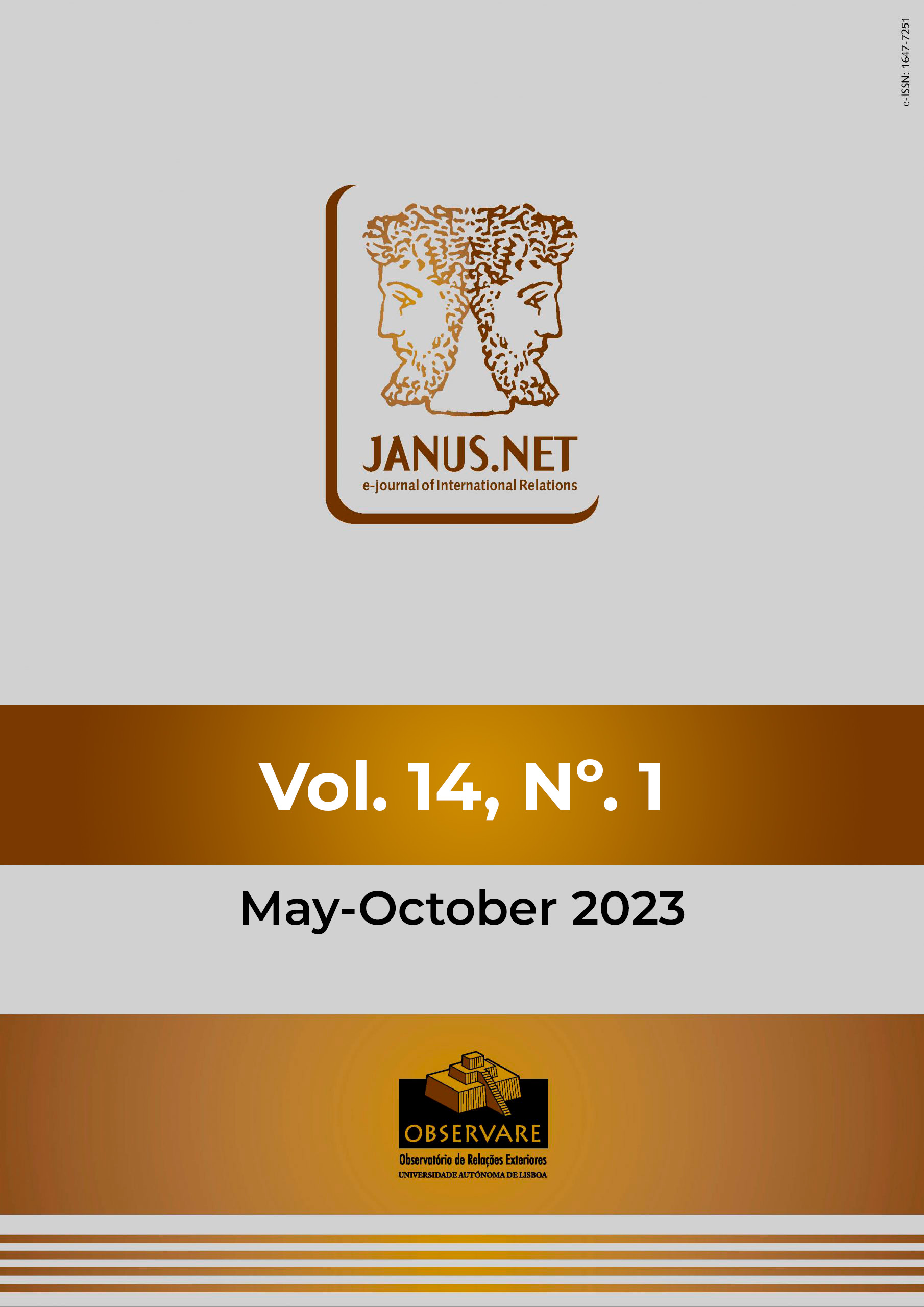International relations theory tends to be characterized by a dichotomy between those who
emphasize international constraints with regards to grand strategy and foreign policy
decisions, most often associated with realist theories of international relations, and those who
emphasize domestic factors, most notably liberal theories. These two approaches are often
framed as if they were incompatible. This article attempts to contribute to bridging the gap
by examining the presidencies of Syngman Rhee and Park Chung Hee of the Republic of Korea.
A comparison between the two presidencies reveals very different political visions for the
Republic of Korea. However, it also shows very contrasting grand strategy and foreign policy
options under similar international constraints. This is consistent with neoclassical realist
theory and the idea that grand strategy and foreign policy are fundamentally determined by
international pressures but nevertheless are also influenced by domestic-level factors.
SOUTH KOREAN FOREIGN POLICY UNDER SYNGMAN RHEE AND PARK CHUNG HEE: CONTRASTING STRATEGIES UNDER SIMILAR STRUCTURAL CONSTRAINTS
Assistant Professor, Universidade Lusíada de Lisboa, Research Member at CEJEA, Center for
Judicial, Economic and Environmental Studies (Portugal), and Member of Wolfson College,
University of Cambridge. PhD in International Relations, Universidade Nova de Lisboa; Master’s
degree in economics, University of Kent, Canterbury, and in Business Management, ISCTE-IUL;
First degree in Economics, Nova School of Business and Economics. Graduate of the National
Defense Course, National Defense Institute.
Resumo
Palavras-chave
Como citar este artigo
Fernandes, Vítor Ramon (2023). South Korean foreign policy under Syngman Rhee and Park Chung
Hee: contrasting strategies under similar structural constraints, Janus.net, e-journal of
international relations, Vol14 N1, May-October 2023. Consulted [online] in date of last visit,
https://doi.org/10.26619/1647-7251.14.1.8
Article received on 15 September, 2022 and accepted for publication on 11 March, 2023















